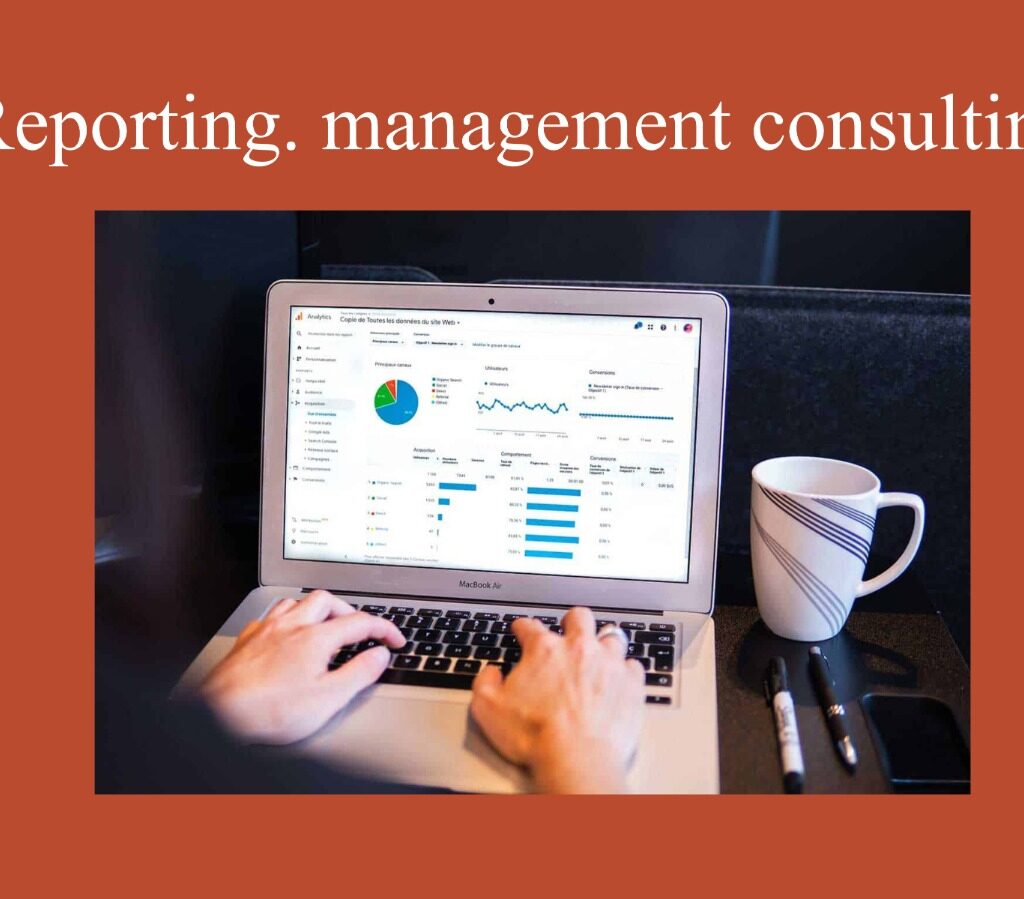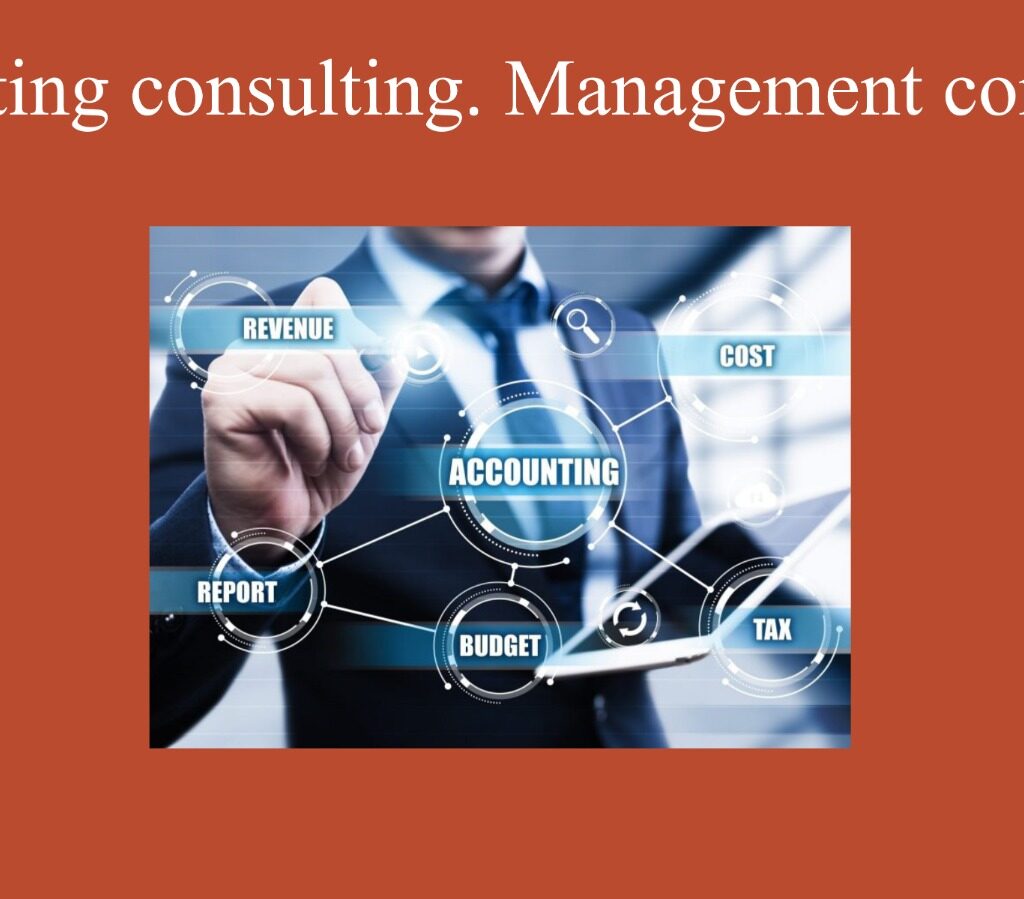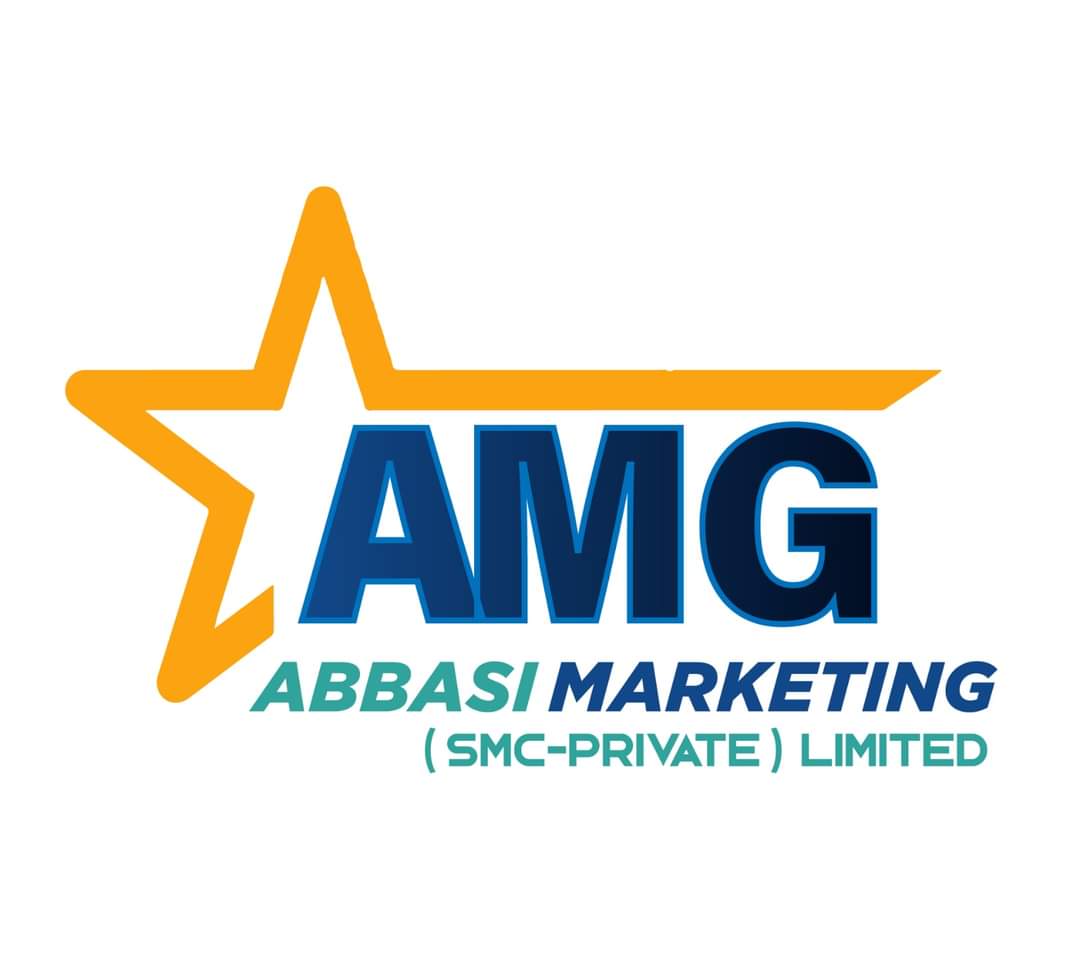Sales and marketing consulting for small business are following steps

Sales and marketing consulting
Sales and marketing consulting advise companies on effectively marketing their products or services. This can include:
- Identifying target markets
- Developing marketing plans
- Improving sales processes
- Enhancing brand awareness
- Measuring and analyzing results
- Finding new business opportunities
- Building customer relationships
- Growing revenue and profits.
Project management consulting
Project management consulting helps organizations plan, execute, and deliver projects successfully. It can include:
- Defining project scope and goals
- Creating project plans and schedules
- Assigning tasks and responsibilities
- Monitoring progress and performance
- Managing budgets and resources
- Identifying and mitigating risks
- Improving project processes and methodologies
- Providing training and coaching for project managers and team members.

Reporting management consulting
Report management consulting involves helping organizations improve their reporting processes and systems.
This can include:
- Assessing current reporting processes
- Identifying reporting needs and requirements
- Developing reporting standards and guidelines
- Implementing new reporting technologies
- Automating manual reporting processes
- Improving data accuracy and reliability
- Enhancing data security
- Providing training and support for report users.

Forecasting Management consulting
Forecasting management consulting helps organizations make informed predictions about future events and trends.
- Analyzing historical data
- Developing forecasting models
- Identifying trends and patterns
- Incorporating external factors such as market trends and economic indicators
- Improving data accuracy and reliability
- Evaluating forecasting performance
- Providing training and support
- Regularly updating and refining forecasting processes.

IT consulting
IT management consulting involves advising organizations on effectively using technology to meet their business goals.
This can include:
- Assessing technology needs
- Developing technology strategy
- Improving IT infrastructure
- Implementing new technologies
- Enhancing data security
- Streamlining IT processes
- Providing training and support
- Managing IT budgets and resources.
Accounting consulting Management consulting
Accounting management consulting helps organizations improve their accounting processes and systems.
This can include:
- Assessing current accounting processes
- Developing accounting policies and procedures
- Implementing new accounting technologies
- Enhancing financial reporting
- Improving cost management
- Enhancing internal controls
- Providing training and support
- Advising on tax and compliance issues.

Strategic planning
Strategic planning management consulting helps organizations develop and implement long-term plans for success.
This can include:
- Assessing organizational strengths and weaknesses
- Defining long-term goals
- Developing a strategic plan
- Identifying and addressing key challenges
- Allocating resources effectively
- Improving decision-making processes
- Measuring progress and success
- Providing training and support for key stakeholders.
How to Start a Small Business Consulting Firm?
Starting a small business consulting firm involves the following steps:
- Define your niche and target market
- Build your skills and knowledge
- Create a business plan
- Register your business and obtain the necessary licenses
- Establish a professional image
- Network and build relationships
- Develop a marketing plan
- Set your pricing
- Launch your business
- Continuously improve your offerings and processes.
1. Find a niche, and specify your services.
- Build your expertise and knowledge in your chosen niche.
- Conduct market research to validate demand for your services.
- Develop a business plan that outlines your services, target market, budget, and growth strategy.
- Register your business and obtain the necessary licenses and insurance.
- Establish a professional image, including a website and business cards.
- Network and build relationships with potential clients and partners.
- Create a marketing plan to promote your services and reach your target market.
- Set your pricing and define your payment terms.
- Launch your business and continuously improve your offerings and processes.
2. Get a strong feel for your market and its specific pain points.
- Build your knowledge and expertise in the niche.
- Validate market demand through market research.
- Develop a comprehensive business plan.
- Register your business and obtain the necessary licenses and insurance.
- Establish a professional image with branding, website, etc.
- Network and create partnerships.
- Implement a marketing strategy to reach target clients.
- Set competitive pricing for your services.
- Launch and continuously improve your consulting firm.
3. Document a business plan.
- Build expertise in your niche.
- Validate market demand through research.
- Register your business and obtain the necessary licenses and insurance.
- Establish a professional image (branding, website, etc.).
- Network and establish partnerships.
- Develop a marketing strategy to reach target clients.
- Set competitive pricing for your services.
- Launch and continuously improve your consulting firm.
4. Cover your firm’s legal bases.
- Build expertise in your niche.
- Validate market demand through research.
- Register your business and obtain the necessary licenses and insurance.
- Establish a professional image (branding, website, etc.).
- Network and establish partnerships.
- Develop a marketing strategy to reach target clients.
- Set competitive pricing for your services.
- Launch and continuously improve your consulting firm.
Hiring an Attorney
When starting a business, it may be beneficial to hire an attorney to:
- Review and advise on legal agreements and contracts
- Ensure compliance with local, state, and federal laws
- Register the business and obtain the necessary licenses and permits
- Protect your intellectual property
- Provide guidance on employment law and employee benefits
- Handle any legal disputes that may arise.
Consulting with an attorney early in the process can minimize potential legal risks and provide peace of mind.
5. Research your competitive landscape.
- Build expertise in your niche.
- Validate market demand through research.
- Develop a comprehensive business plan.
- Register the business and obtain the necessary licenses and insurance.
- Establish a professional image with branding, website, etc.
- Network and create partnerships.
- Implement a marketing strategy to reach target clients.
- Set competitive pricing for your services.
- Launch and continuously improve your consulting firm.
FAQ
How to Become a Small Business Consultant
- Gain relevant education and experience.
- Choose a niche area to specialize in.
- Build a network of contacts in the industry.
- Develop a comprehensive understanding of small business operations and challenges.
- Establish a professional image with branding, website, etc.
- Gain credibility through certifications, published works, speaking engagements, etc.
- Offer a range of services tailored to small businesses.
- Build a reputation through satisfied clients and positive word-of-mouth.
- Continuously expand your knowledge and stay current with industry developments.
- Offer competitive pricing and exceptional customer service.
Following steps small business
1. Choose a specialization.
2. Research certifications.
3. Take courses.
4. Begin networking.
5. Decide on a pricing structure.
6. Have a marketing plan.
Small Business Consultant Salary
The salary of a small business consultant varies based on several factors, including:
- Level of experience
- Size and type of the consulting firm
- Location
- Industry specialty
- Educational background and certifications
According to Glassdoor, the average salary for a small business consultant in the United States is around $70,000 annually. However, consultants with more experience and higher education can earn significantly more, sometimes upwards of $100,000 per year.



Add a Comment